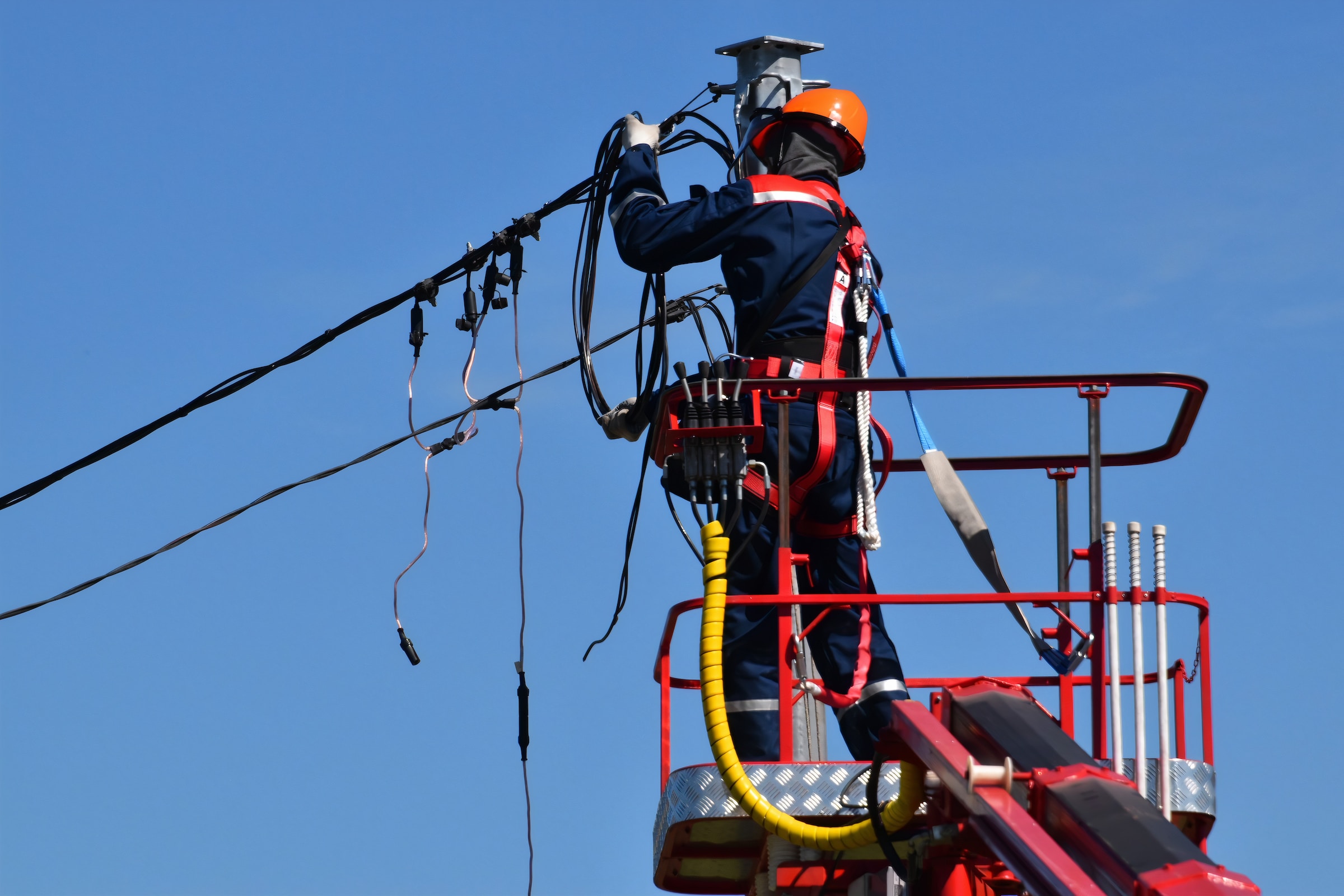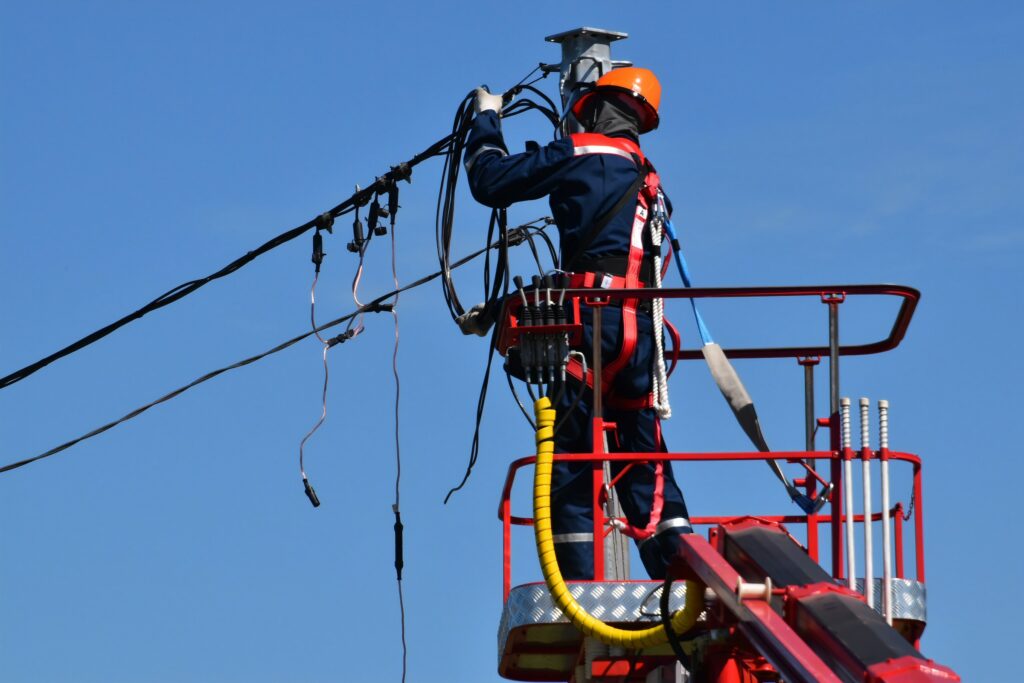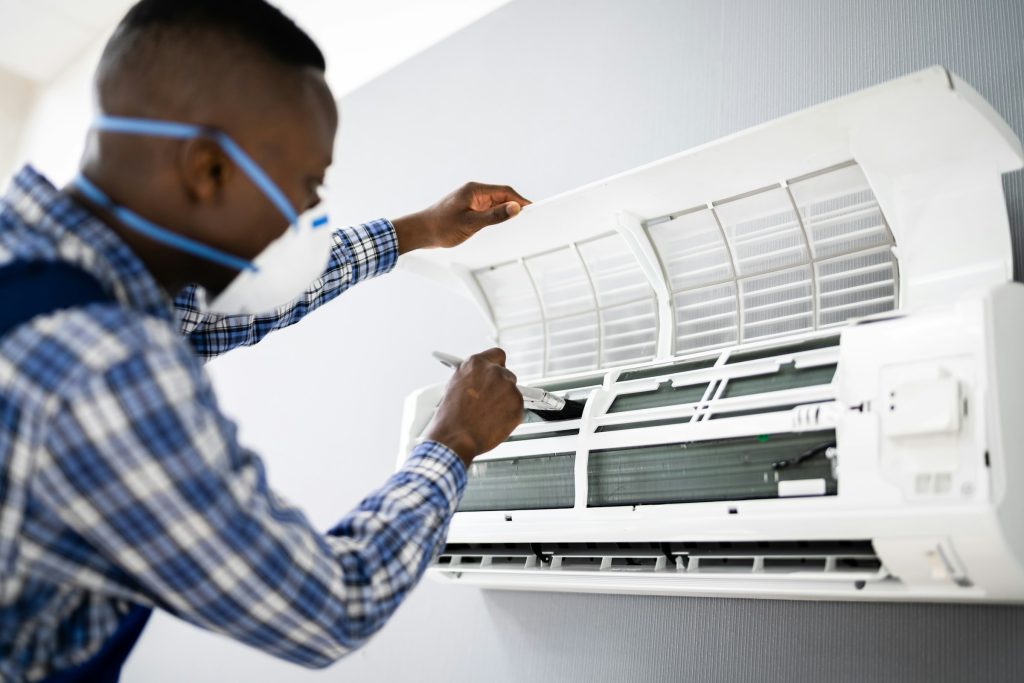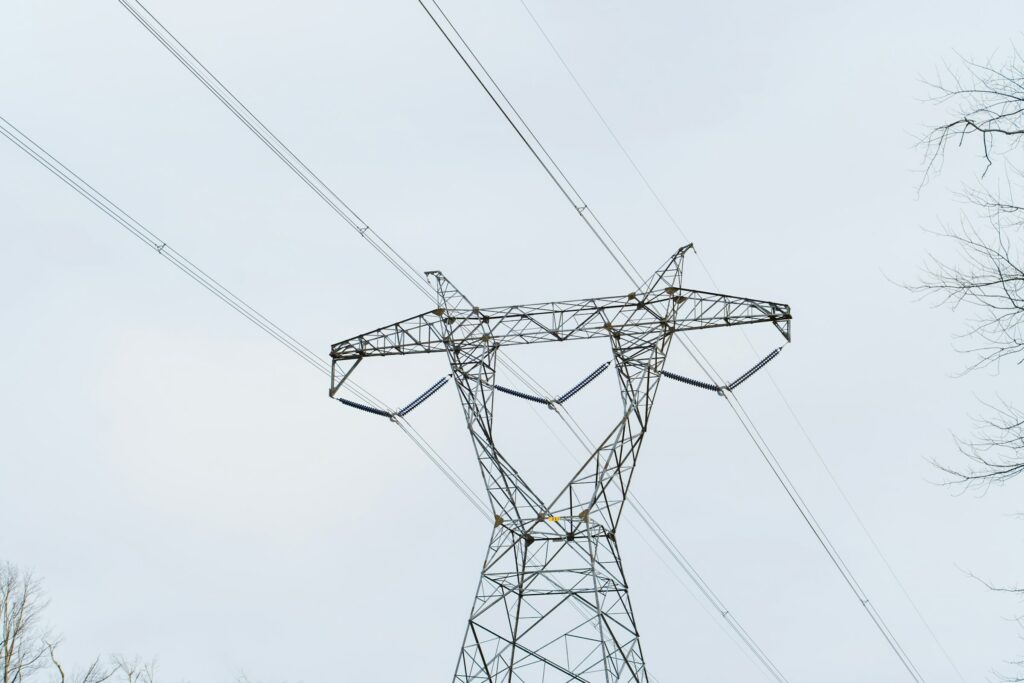Have you ever pondered the significance of regular electrical maintenance? It’s not just about keeping the lights on; it’s a crucial practice that safeguards our homes and businesses from various electrical hazards. This comprehensive article will illuminate the myriad benefits of consistent electrical system care.

The Shocking Truth: Why Regular Maintenance is Essential
Enhanced Safety and Accident Prevention
At the heart of electrical maintenance lies the paramount concern for safety. The National Fire Protection Association highlights electrical malfunctions as a leading cause of residential fires in the United States. Regular maintenance can significantly reduce the risk of such disasters by identifying and rectifying potential hazards like faulty wiring and overloaded circuits.
Cost Savings: A Penny Saved is a Penny Earned
Investing in regular electrical maintenance is not just a measure for ensuring safety; it also represents a significant cost-saving strategy. This proactive approach to maintaining electrical systems can lead to several financial benefits, ensuring that minor issues are addressed before they escalate into major, costly problems.
Cost Savings and Efficiency
- Reduced Energy Waste: Poorly maintained and outdated electrical systems can significantly contribute to energy waste. For example, the U.S. Department of Energy found that such inefficiencies can account for up to 30% of energy waste in commercial buildings. Regular maintenance helps identify and rectify these inefficiencies, reducing energy consumption and lowering utility bills.
- Prevention of Costly Breakdowns: Electrical maintenance helps prevent unexpected breakdowns and associated costs. Regular inspections and maintenance identify potential problems before they turn into major issues. It saves on the cost of repairs and reduces downtime, thereby maintaining productivity and avoiding operational disruptions.
- Prolonged Equipment Lifespan: Regular maintenance extends the life of electrical components. The overall lifespan of electrical systems and equipment is increased by addressing issues promptly and replacing parts as necessary. This results in cost savings by reducing the frequency of equipment replacements.
- Enhanced Safety and Reduced Liability: Regular electrical maintenance significantly reduces the risk of electrical accidents, such as fires or electrical shocks. This proactive approach safeguards against property damage and potential injuries and reduces the likelihood of incurring liability and legal costs associated with such incidents.
- Compliance with Codes and Standards: Regular maintenance ensures electrical systems meet current safety codes and standards. It is crucial to avoid legal and regulatory issues, which can be costly.
Real-World Implications
The importance of preventive maintenance is underscored by numerous real-world examples across various sectors, where the lack of proper maintenance led to devastating outcomes, including substantial financial losses and, in some cases, loss of lives. For instance, industrial accidents, IT sector data breaches, and real estate collapses have all been linked to inadequate maintenance.
Prolonged Lifespan of Electrical Components
Regular electrical maintenance is crucial to ensuring the longevity and safety of electrical components in residential and commercial settings. This practice involves several key activities, including inspections, testing, cleaning, lubrication, and proactive repairs. Regular maintenance allows homeowners and business owners to experience numerous benefits, including enhanced safety, reduced risk of costly breakdowns, and increased energy efficiency.
One of the primary benefits of regular electrical maintenance is the prolonged lifespan of electrical components. Like any mechanical or electronic system, electrical systems have a finite lifespan.
Components such as outlets, switches, and circuit breakers are prone to wear and tear over time. Regular maintenance can help prolong the life of these components by ensuring they are functioning properly and not subjected to unnecessary stress, which ultimately saves money on frequent replacements and repairs.
Regular electrical maintenance also enhances equipment efficiency. Over time, electrical equipment can become less efficient due to wear and tear. Maintenance activities like cleaning, calibration, and lubrication optimize the performance of the equipment, ensuring it operates at its full potential.
Moreover, electrical malfunctions, a leading cause of residential fires in the United States, can be significantly reduced by regular maintenance. It includes identifying and addressing hazards such as faulty wiring, overloaded circuits, and damaged electrical components.
In terms of energy efficiency, well-maintained electrical systems use less energy, which results in significant savings over time. Inefficient electrical components or outdated technology can consume more power than necessary. Regular maintenance helps identify these energy inefficiencies and allows for the implementation of energy-saving measures.
Additionally, regular electrical maintenance is essential for compliance with local codes and regulations. Many areas have specific requirements for electrical maintenance and inspections to ensure the safety and functionality of electrical systems. Staying up-to-date with these requirements can avoid costly fines and penalties.
Improved Energy Efficiency: Saving the Planet and Your Wallet
Faulty or outdated electrical systems are notorious energy hogs. Regular maintenance can reduce energy bills by ensuring everything runs smoothly and efficiently. Imagine your electrical system as a fitness regimen for your home – the better shape it’s in, the less energy it wastes.
Tackling the Task: DIY Electrical Maintenance Tips
While professional maintenance is crucial, there are steps you can take to ensure your electrical system’s health:
- Frequent Circuit Breaker Tripping: Keep a log of when and why it happens. It could indicate overloaded circuits or deeper issues like faulty wiring.
- Flickering or Dimming Lights: This might signal loose connections or outdated wiring. A simple bulb check can sometimes be the fix.
- Loose or Damaged Outlets: These are not just eyesores but potential fire hazards. Testing outlets and looking for visible damage can help identify issues early.
Frequently Asked Questions:
How often should I have my electrical system professionally checked?
It’s generally recommended to have a professional inspection at least once every few years. However, if your home is older or you’re experiencing frequent issues, more frequent checks may be necessary.
Can I do electrical maintenance myself?
While there are some maintenance tasks you can do, like checking for loose outlets or flickering lights, it’s crucial to have a professional handle more complex issues. Safety first!
What are the signs that I need electrical maintenance?
Keep an eye out for flickering lights, frequent circuit breaker trips, burning smells, or any unusual electrical behaviour.
Enlightening Your Electrical Maintenance Journey
Regular electrical maintenance is more than a chore; it’s an investment in the safety and efficiency of our homes and businesses. By understanding its importance and taking proactive steps, we can ensure that our electrical systems serve us well for years. Stay charged, stay safe!
For more detailed insights and guidance on electrical maintenance, visit Down to the Wire. Our expertise and resources can help you navigate the complexities of electrical maintenance, ensuring your electrical systems are compliant and optimized for peak performance.









